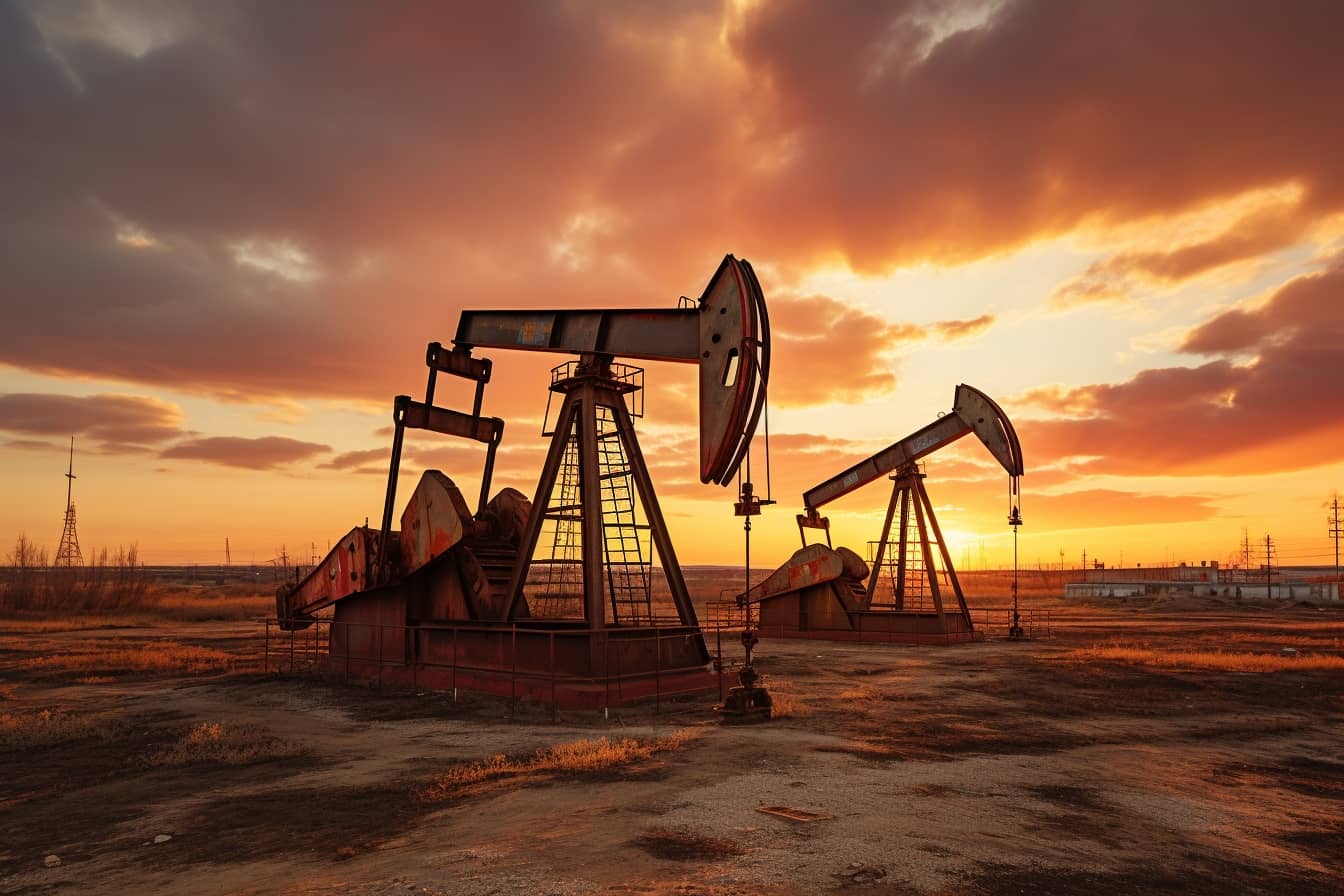We are at a crucial point for our future: the climate crisis is becoming more and more urgent and nothing, from pure common sense to economic interest, seems to guide us decisively. I'll be honest: I thought that the price to pay for the energy transition was to entrust it to the reviled fossil fuel companies.
I thought that for economic power they would have worked on an adaptation: led decarbonization to earn from the green.
Not very idealistic, cynical if you like. But it still gave me a small certainty: that for money they would still do something that is also in our interest. I was wrong, obviously. And senior year he proved it to me.
Fossil industry: huge profits and bad choices
The fossil fuel industry has made stratospheric profits, and what has it done with this money? He could have, should have used them to initiate an economic conversion. To move away from the search for new sources of oil and gas. It could have invested in renewable energy and carbon capture and storage technologies.
And guess what? Underneath, a large part of the fossil industry spends to support the greenwashing. To slow down or barely keep the commitments made. And to play a double game, funding lobbying against clean energy policies and, in the process, distribute higher dividends to shareholders. I've even found plans here and there to explore new sources of fossil fuels.

The (ignored) turning point of renewables
Recent reports of the Rocky Mountain Institute and the IEA underline the superiority of renewable energy. They say the energy transition is not an option, but a reality. And the numbers are there to prove it. This year, 440GW of new renewable capacity will be added to the global system, double that of 2019. And for every euro invested in fossil fuels, 1,7 euros goes to clean energy.
Despite growth in global energy production, greenhouse gas emissions from the energy sector will decline for the first time this year. This is partly due to the demand for fossil energy it has already peaked. And renewables are finally eroding their market share.
Today's choices and tomorrow's consequences
The point of no return is near. The fossil fuel industry must decide once and for all whether to adapt or resist. It can choose to accelerate the energy transition or it can choose to remain blind and stubborn. He can choose to invest in the future, or he can choose to let humanity fail.
The time to decide is now. Our future will not wait for us. Simply put, the journey to decarbonization will happen with or without the fossil fuel industry. Renewable energy is simply superior.
And if the oil companies choose to resist, the energy transition will happen in spite of them, but at huge prices.
This will be their legacy: having fueled human development in the XNUMXth century, and then contributed almost to destroying it in the XNUMXst.


